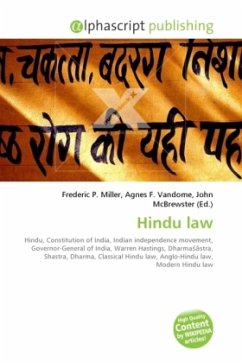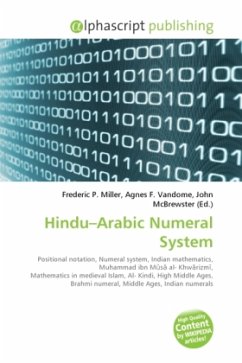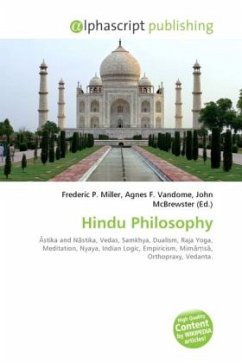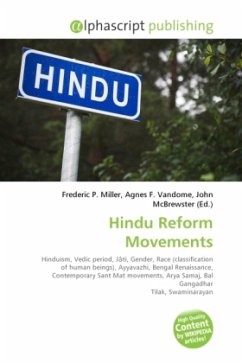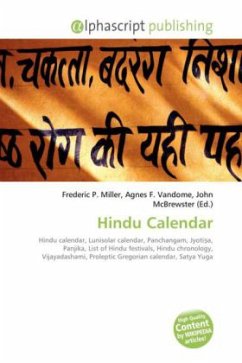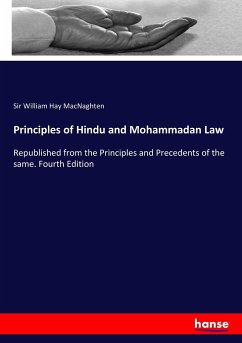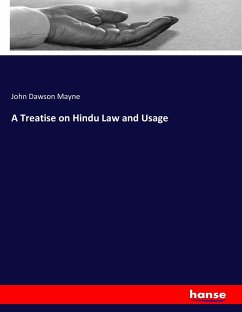Hindu law in its current usage refers to the system of personal laws (i.e., marriage, adoption, inheritance) applied to Hindus, especially in India. Modern Hindu law is thus a part of the law of India established by the Constitution of India (1950). Prior to Indian Independence in 1947, Hindu law formed part of the British colonial legal system and was formally established as such in 1772 by Governor-General Warren Hastings who declared in his Plan for the Administration of Justice that "in all suits regarding inheritance, marriage, caste and other religious usages or institutions, the laws of the Koran with respect to the Mohamedans and those of the Shaster with respect to the Gentoos shall invariably be adhered to." The substance of Hindu law implemented by the British was derived from early translations of Sanskrit texts known as Dharma stra, the treatises ( stra) on religious and legal duty (dharma). The British, however, mistook the Dharma stra as codes of law and failed to recognize that these Sanskrit texts were not used as statements of positive law until they chose to do so.

